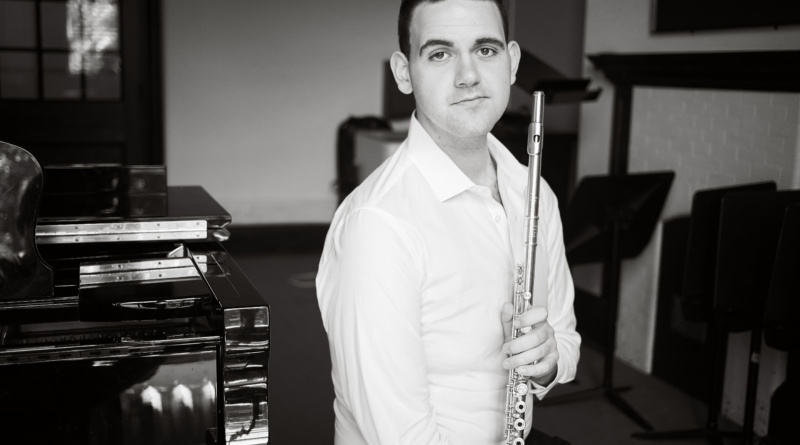Your Teaching Studio
By Michael Alampi
The first step is getting clear on what type of student you wish to work with. If you are interested in working with beginners then developing and studying some techniques and ideas from Suzuki Method or Yamaha Music Education System can allow for more ease when taking on young students who are new to music. Unfortunately, many universities and conservatories do not have trainings to teach or guide you on how to work with beginner students. You are taking someone from the very seed level who may have never read or played music before. Having certain books handy like Trevor Wyes Beginner book or books by Clare Southworth I have found to be very clear and concise to work out of for young and progressing students. Over the years I have created my own basic exercises and printed them out to give to students as sometimes a method book can be a big undertaking to start with for very young students. You have to keep in mind that you may need to teach the parent to guide their child at home depending on the age of the beginner player. I have taught students as young as 6 years old and have found the nuvo mini flute effective due to the size of the student and the weight of the concert flute. I find that this newer invention has given the confidence in learning the fingerings with ease and allows the student to play melodies right away in the first lesson. It can be stressful for a young player to learn where to put their hands exactly, how to make a sound, AND read music all at once in their early lessons. The nuvo mini flute can be helpful for very young students as it takes the pressure off of having to do all three at once and allows the student to make music right away giving them confidence early on. One of my students started on the nuvo and had a faster transition to the concert flute with quick growth weekly. I’m all for what works for the individual student not so much only tradition.
If you wish to work with middle school and high school students then I suggest learning the system of your local state in terms of regions, all state, and all eastern audition information. I find that having something for a student to work towards will keep them focused and excited to look forward to in their lesson. I have seen great progress from students preparing these auditions. Although a Mozart Concerto is a required piece at times and that’s something I would not necessarily recommend for a freshman in high school but that’s another discussion to be had!
Other ideas to have a strong offering and structure for your studio and young students is familiarizing yourself with the ABRSM (Royal Schools) and the London College of Music exams. The curriculum is well laid out already for you and gives students a structure to prepare scales, pieces, and sight reading at various levels. This can help keep students on track if they wish to audition at the conservatory or university level in music.
Offering trial lessons to band directors to help their students can get your name out to local communities. Contacting community recreational centers, posting on community Facebook groups, or emailing local schools about your services can also help. Sometimes people will leave a teaching position and you can ask to have the school keep your resume on file in case an opening comes up.
This past year I have been teaching at the college level and the approach is still very much the same as working with younger students just at a faster pace. Fundamentals are even more important and crucial to build a solid foundation but many university students are busy working on summer festival auditions, ensembles, chamber music, and concerto competitions. So you need to still slot in time to encourage regular fundamental practice, studies, sequences, and etudes.
My best advice is to get clear on your teaching methods and also be honest with yourself on what type of students you want to work with. I have met a few beginner flute teaching specialist who have given me great ideas for my own lessons so sometimes investing in a lesson or just a phone call to get some support with someone can also help you get clear on your methods and approaches long term. Valerie Holmes in New York is really excellent and she helped one of my students greatly. She would be the best to get in touch with about beginner flute techniques and methods.
Now that I’m moving more towards working solely with older students, teaching young students for the past ten years has helped me greatly understand the basis of flute playing, the mindset of the student, and also that we are all uniquely different in our needs and setup! One method that works for one student doesn’t always perfectly correlate to another so it’s about having different approaches and tools available to you to work from (in the form of books, exercises, and thought) can greatly benefit your teaching studio.
Michael Alampi holds a Bachelor of Music and LRAM Teaching Diploma from the Royal Academy of Music. He is a freelance musician in New York City and currently teaches at Queens College, Aaron Copland School of Music. He is an Altus Performing Artist playing on a PS model flute.

